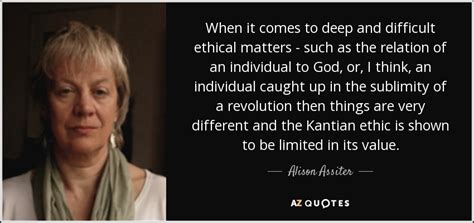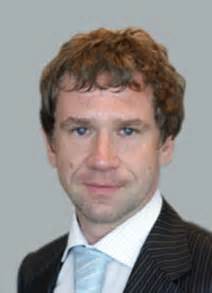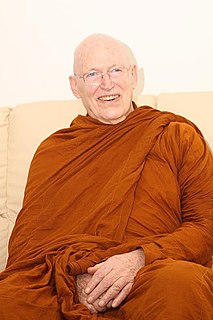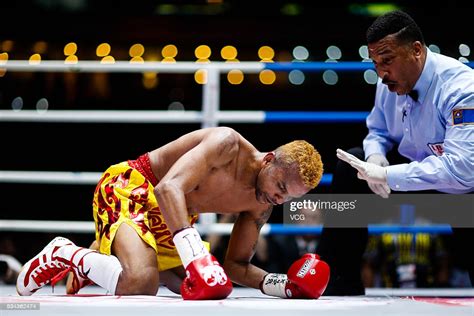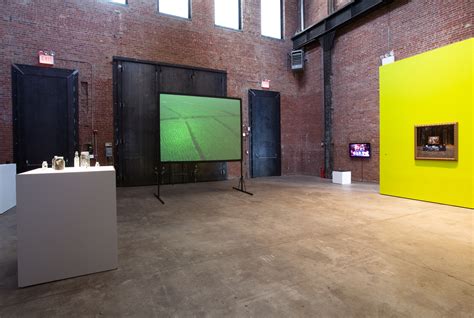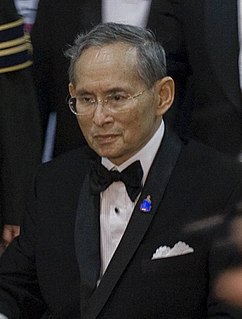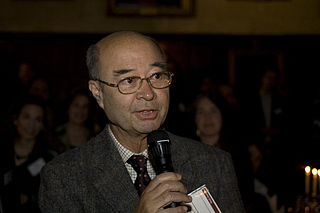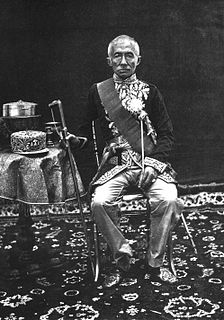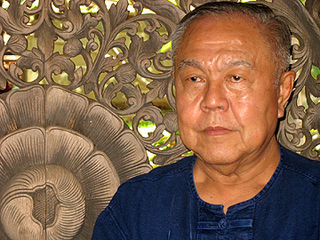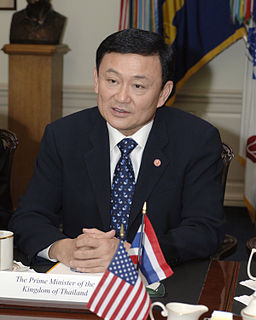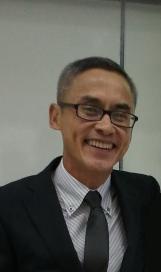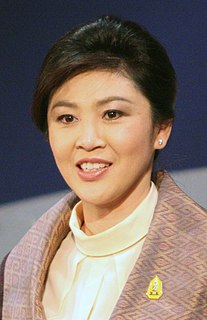A Quote by Ajahn Chah
You should know both the universal and the personal, the realm of forms and the freedom to not cling to them. The forms of the world have their place, but in another way, there is nothing there. To be free, we need to respect both of these truths.
Related Quotes
What Artistic and Scientific Experience Have in Common - Where the world ceases to be the scene of our personal hopes and wishes, where we face it as free beings admiring, asking, and observing, there we enter the realm of Art and Science. If what is seen and experienced is portrayed in the language of logic, we are engaged in science. If it is communicated through forms whose connections are not accessible to the conscious mind but are recognized intuitively as meaninful, then we are engaged in art. Common to both is the loving devotion to that which transcends personal concerns and volition.
My forms are not abstractions of things in the real world. They're also not symbols. I would say that my job is to invent these forms and to put them together in a way that keeps your interest, to give the forms a quirky identity so you can engage with them, so you realize there's an inner intelligence or logic.
From a political perspective, it is important to uphold certain universal principles so that, for example, you can condemn both Islamist forms of violence and injustice as well as forms of violence and injustice from other groups - some superpowers, for example, or the English Defence League, as other examples.
My view is, in between environmental determinism and personal responsibility, we say, "where there's a will there's a way." It's not true. You really need both and they're somewhat independent. We must both cultivate will and pave the way. If you inspire an impassioned people so that they have the will but there's no way, all around them are walls with no doors or windows. It's terribly frustrating. On the other hand, if you put a very nice way at their feet and they have no will to follow it, that doesn't produce anything very good either. Will is not way. You need both.
More than half of all people filing income tax forms use someone else to prepare the forms for them. Then they have to sign under penalty of perjury that these forms are correct. But if they were competent to determine that, why would they have to pay someone else to do their taxes for them in the first place?
My forms are not abstractions of things in the real world. They're also not symbols. I would say that my job is to invent these forms and to put them together in a way that keeps your interest, to give the forms a quirky identity so you can engage with them, so you realize there's an inner intelligence or logic. If you stop asking what they mean, or what they remind you of, and just look at them for 29 seconds, you find that they want to explain themselves and show you how much every tiniest detail is related to the whole.
Those who are not capable of sinning are said that they have attained freedom. The knowledge of the Truth raises them even more. This makes them both free and above this world. But only Love creates. He who became free thanks to knowledge, because of Love remains a slave of those who have not managed to attain the Freedom of knowledge yet. He brings the knowledge to them and this develops the latter because it calls them to the Freedom. Love takes nothing: how can it take something? Everything belongs to it. It does not say, "This is mine! And this is mine!" But it says: "This is yours!"
It is the mark of great art that its appeal is universal and eternal.............. Great art remains stable and unobscure because the feelings that it awakens are independent of time and place, because its kingdom is not of this world. To those who have and hold a sense of the significance of form what does it matter whether the forms that move them were created in Paris the day before yesterday or in Babylon fifty centuries ago? The forms of art are inexhaustible; but all lead by the same road of aesthetic emotion to the same world of aesthetic ecstasy.






